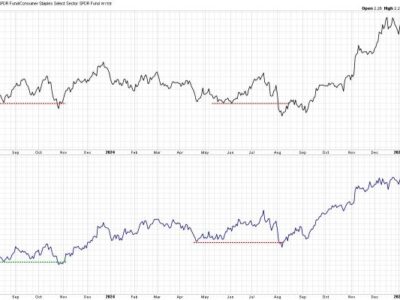
State legislatures, like other actors in our system of government, are creatures of constitutional law. They are ordinarily subject not only to the federal Constitution but to the constitution, laws and legal decisions of their own states. That’s basic intuition, and six Supreme Court justices agreed today that the Elections Clause does not carve out an exception. That’s consistent with a long line of previous cases and practices from the early days of the Republic through the present day.
As the Court emphasized, state courts do not have free rein to impose their own caprices in this area; federal courts can rein them in if they “transgress the ordinary bounds of judicial review” on Elections Clause matters.
Three Justices would have held the case moot, of whom two (Thomas joined by Gorsuch) voiced some inclination toward a particular originalist reading that would have accorded state legislatures a broad swath of unreviewable power. Thomas also warns that the Court’s announced standard for reviewing state court action is likely to yield outcomes that are at best unpredictable.
Despite much angst from commentators, it was never likely that today’s Court would endorse a supercharged version of the so‐called independent state legislature theory. One practical consequence worth noting: some thought the Court might be headed toward reversing its close 2015 decision upholding Arizona’s creation of an independent redistricting commission. That’s now highly unlikely.








